When should you start investing? Seven potential key moments in your life

Keytrade Bank
keytradebank.be
December 12, 2024
2 minutes to read
In theory, you can become an investor at any point in your life. In practice, however, it is more a case of seizing the momentum at just the right time. But when is the right time to start investing? Below, we've set out a few potential times in life that may be perfect for you.
1. You've already built up a significant buffer in savings
In this scenario, you'll invest with money you don't think you'll need in the next ten to fifteen years. That's because investments need enough time to pay off. A well-stocked savings account can help you bring your investment goals forward.
Make sure you always have an emergency fund you can access easily and use to plug the gap comfortably for three to six months. After all, financial setbacks can happen in the blink of an eye.
2. Invest in a worthwhile pension with your first pay cheque
If you've just been paid your very first pay cheque, you may well think it's okay to splash some cash. Things like buying new clothes, booking an all-inclusive trip, or throwing a big party for friends and family are all attractive options.
However, you could do something that most people in your situation might not, and look at how you could earn your first pay cheque several times over at a later date by investing. Those new to the job market usually have few financial obligations, so it could be the perfect time to look beyond standard (pension) savings accounts.
The sooner you start investing, the greater your potential return at the end of your journey, in part thanks to the effect of compound interest. It also gives you more time to become a true investment specialist, with all the added financial benefits that come with it. Your retirement may suddenly become even more attractive thanks to your first pay cheque.
This all becomes slightly more difficult if you suddenly have children, buy a house or take on other financial obligations along the way. If you're looking for a balance between saving and full-on investing, pension savings funds – where your savings are invested in shares and bonds – may be an option worth considering. The potential return depends on your chosen approach to investing. Yet this type of pension savings can provide you with an attractive annual tax break of up to 30% on the amount you've saved up.
3. From a one-off inheritance to a lifelong gift
It goes without saying that an inheritance or gift represents an excellent opportunity to find your way around the investment market with peace of mind. It also gives you the opportunity to invest a larger amount straight away and therefore increase your potential return.
Again, you should take the time to think carefully about how much you want to invest, and make sure you have enough savings in reserve.
4. Your first home and settling down
Branching out into investing and settling down don't have to be mutually exclusive. Quite the opposite, in fact. While it's true that expenses will go up, the same can be said of income. Suddenly, you go from one to two payslips that can be put to good use in the same household.
And it gets even better when both parties think it's important to make smart financial plans for the future. If you don't yet have a mortgage or children, investing is certainly something worth thinking about. It goes without saying that clear, written agreements must be put in place to avoid any discussions about finances in the future, too.
5. Baby on the way? It's not a dealbreaker
Having children is more of a challenge from a financial perspective, whichever way you look at it. This is especially the case when they're unable to stand on their own two feet when it comes to finances – and that takes a while. Nevertheless, the arrival of a new member of the family can also be a great time to start investing.
As an example, you could invest part of the child benefit you receive directly in investments that grow together with your children. In other words, turn the traditional savings account into a strong investment plan and let your children take full advantage of the potential returns several years down the line when they want to go to university and move into a student flat or rent their first home.
6. Does a higher salary equate to a nicer car or greater financial independence?
After several strong years at work, you may earn more than a decent salary. But what could you do with the next pay rise or bonus that is particularly attractive and gives you even more financial freedom?
Instead of finally buying an expensive bicycle or investing in a second home, you could also consider investing (some of) that money in interesting investments. This could well be the ideal time to throw yourself into the unique world of trading or, alternatively, have your assets actively managed by investment experts.
7. You decide to start your own business
After a long time spent working for someone else, you may feel it is time to branch out on your own and be your own boss. A detailed financial plan represents the foundations for your future adventures. A strong investment portfolio can help you achieve your goals, as you may be able to create an additional financial buffer that you can also put towards new investments in the long term.
Think, reflect and take action
If you have decided that you're ready to make the leap to investing, be sure to keep the following tips in mind.
Put everything into perspective. Investing doesn't make you rich quick. Any returns on investments are only banked over longer periods of at least five to ten years. Are you sure you won't need the money at short notice and can risk it dropping in value?
Investing means taking financial risks. Make sure you are well informed about the possible scenarios.
Read up on investing in advance and don't let yourself be dazzled by the hype. It's also worth listening to stories from experienced experts. The good news is that you're already doing this!
Pay off loans or debts with higher interest rates in full first. Otherwise, you run the risk of destroying the returns on your investments (or worse).
Are you aware of your investor profile? This is not only useful, but mandatory, information if you want to invest.
Which financial goals do you hope to achieve by investing? Draw up a clear plan of action, ideally with the help of a professional or experienced investors.
Last but not least: investing also involves knowing how to keep your emotions in check. Keeping a clear head is a must if you want to achieve your investment goals.
When should you start investing? Now, and with Keytrade Bank!
In addition to being a reliable online bank, Keytrade Bank has grown to offer a modern investment platform tailored to all sorts of different investors, no matter what stage of life they find themselves in. Take the time to find out which investment plan is right for you.
Other articles that might interest you

Is it time to say goodbye to bonds?
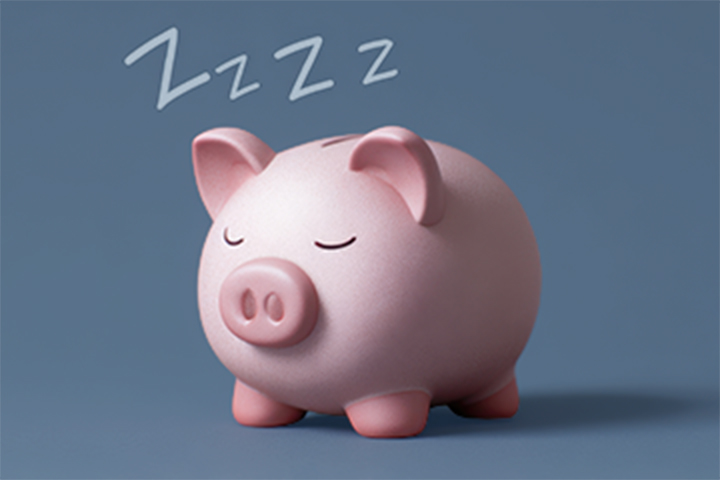
How much money do you have – without knowing it?
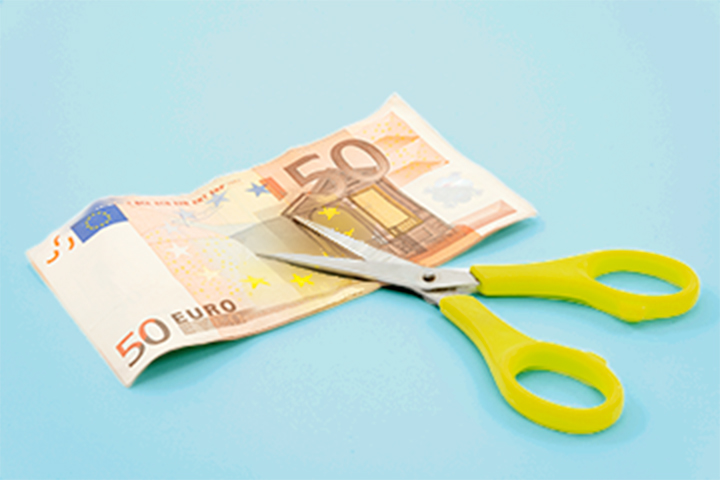
Capital gains tax: how will it affect your portfolio?

Monthly video 2025
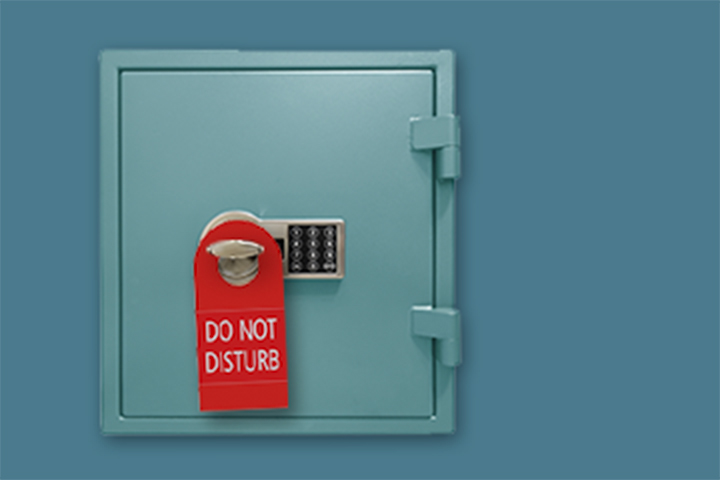
Do you have a dormant account? This is how you can check!

Are we in an AI bubble?

Are luxury stocks worth investing in?
Investing in AI: hype or a ticket to the future?

How can I invest or save better for my child?

From stadia to the trading floor: here's how to invest in sport

Lost in the ETF jungle? Here's a compass to help you find your way

How to choose a tracker?

Gifting money: register or take the risk?

Investing in stock market newcomers: a sensible strategy?

Think twice before entrusting your will to ChatGPT

Graph of the week: Industry has not succumbed to Trump!

Why are shares continuing to rise? No-one knows
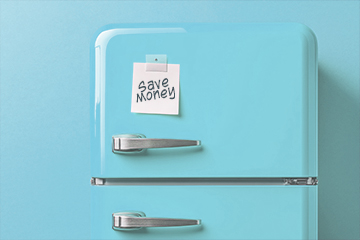
What is better, adding to your savings every month or as the mood strikes?
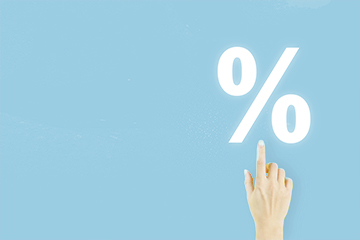
What is interest and what does it have to do with your savings account?
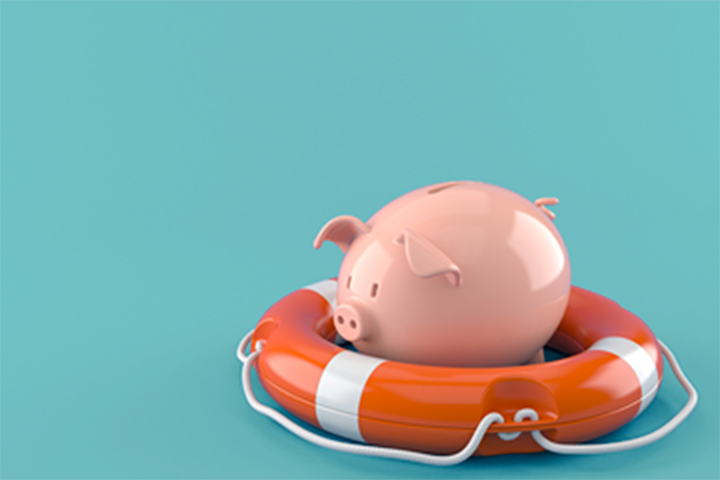
Guide: how much you need in savings
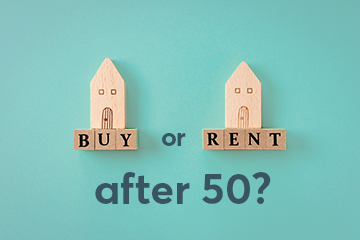
Buying or renting after you turn 50: which option is best for your future plans?

Belgium becomes a global player in healthcare real estate

Why you can take out a home loan too as a single person

Should we be concerned about the US debt mountain?

Have you considered investing in Latin America?

How high students’ earnings may, and more importantly, may not be
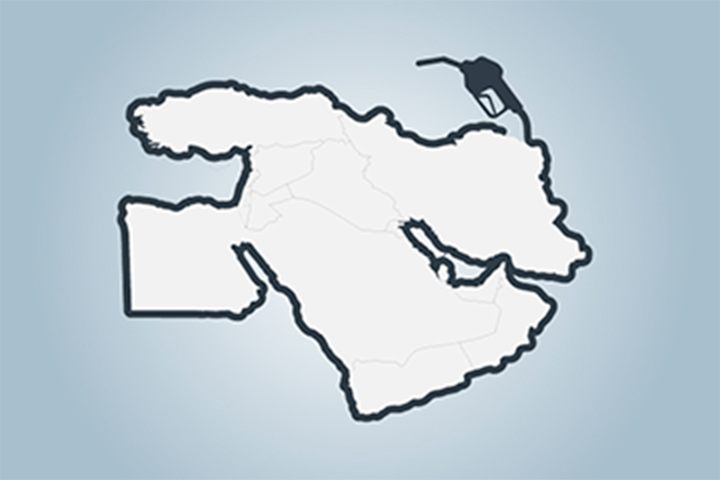
Risks and opportunities in the energy sector

Is a buy-to-let property a smart investment?
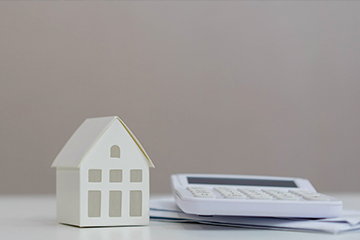
How much can you borrow for a home?

Borrowing for a second home: what are your options?

Property shares: ripe for a comeback?

Helping your (grand)children to buy a home: what are the options?
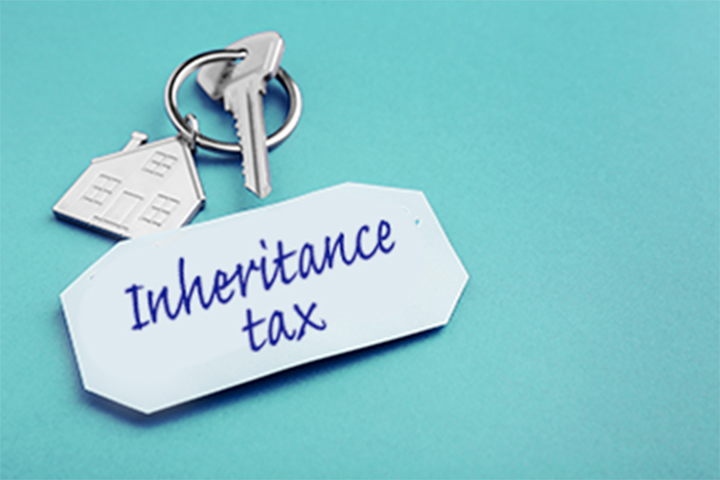
What if you are unable to pay the inheritance tax?

Planning renovations? Which renovation grants are you (still) entitled to?

Investing in your partner’s home? Don’t make these mistakes!
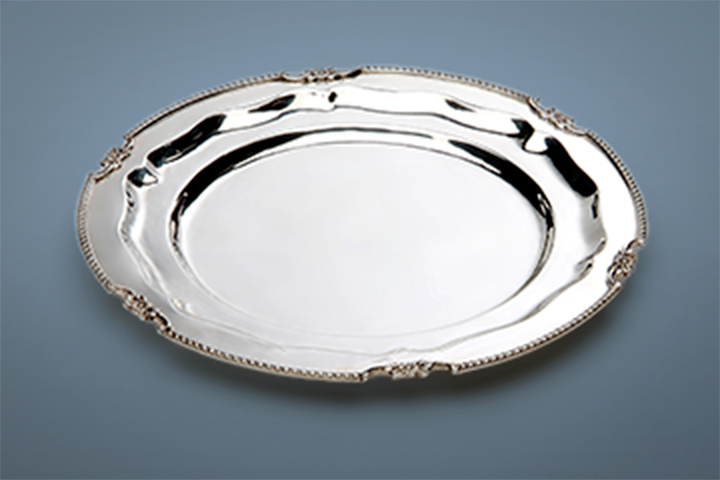
After the gold rally, is it silver's turn?

Why the S&P 500 does and does not have a problem

Investing in future index constituents: opportunities and pitfalls

Does Japan have the most underestimated stock market in the world?

Ever heard of the Zweig Breadth Thrust?
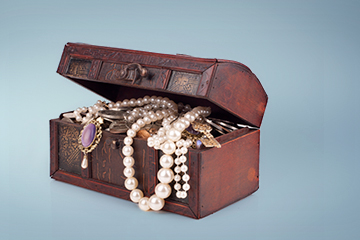
No children yet, but planning to have some? Here's how you can settle your inheritance

Is stagflation becoming the new buzzword?

Defensive shares as a buffer?

US shares no longer number one!

Passive investing: less effort for a better return
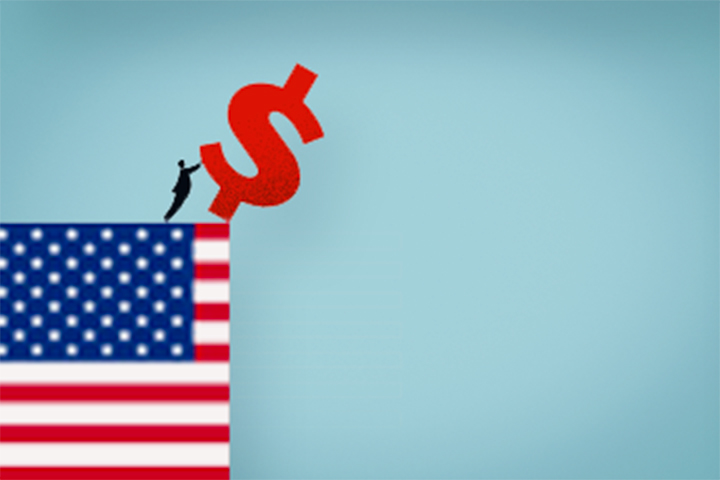
Will there be a recession in the US?
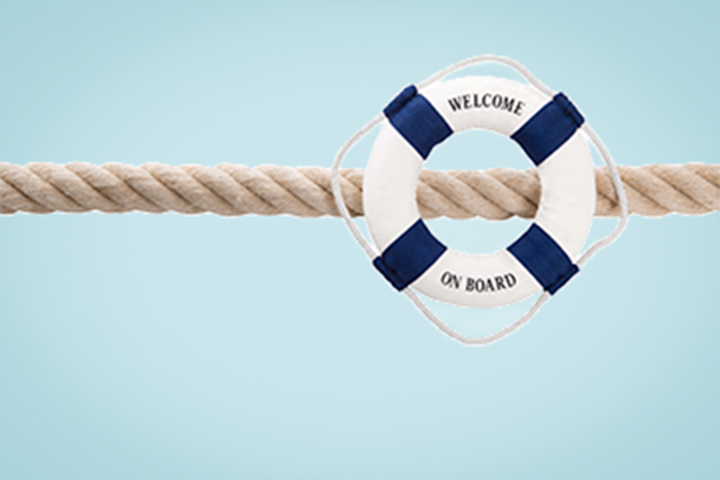
As cruise companies gather steam, are their shares doing the same?

Is Elon Musk about to crash Tesla shares?

Your family member dies: how to manage their banking

American optimism reversing: time to head for the exit?
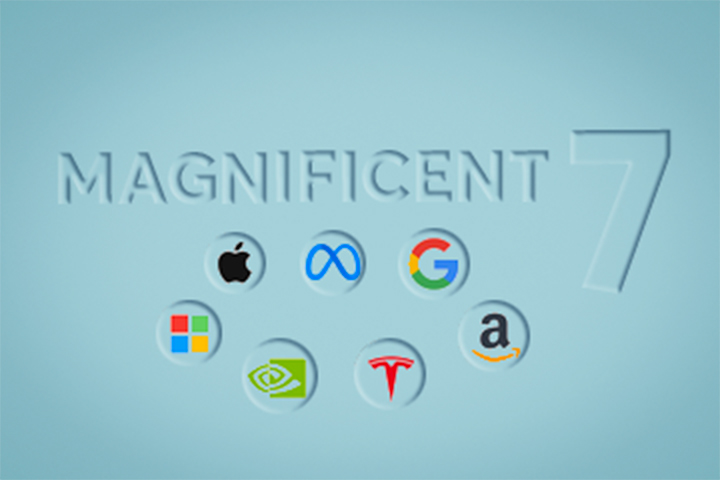
Have the Magnificent 7 lost their magic?
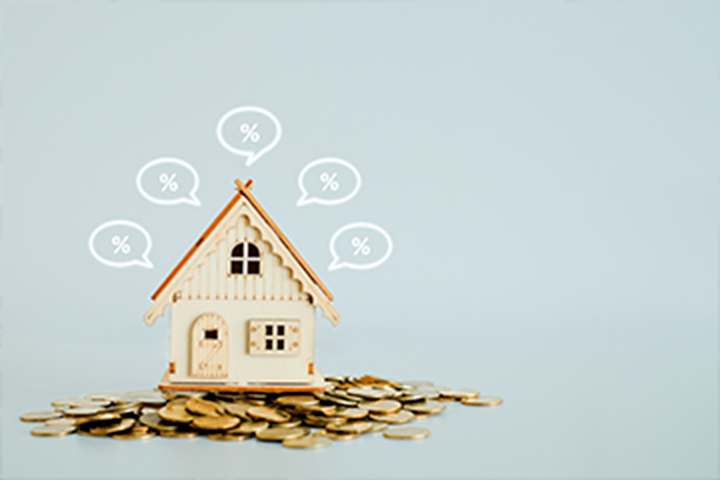
What costs are involved in buying a home?

An investment guide to Europe's military resurgence

Dividend aristocrats: a good beginner investment strategy?

Has the obesity trade peaked?

Monthly video 2024

How to invest in AI after the DeepSeek bomb
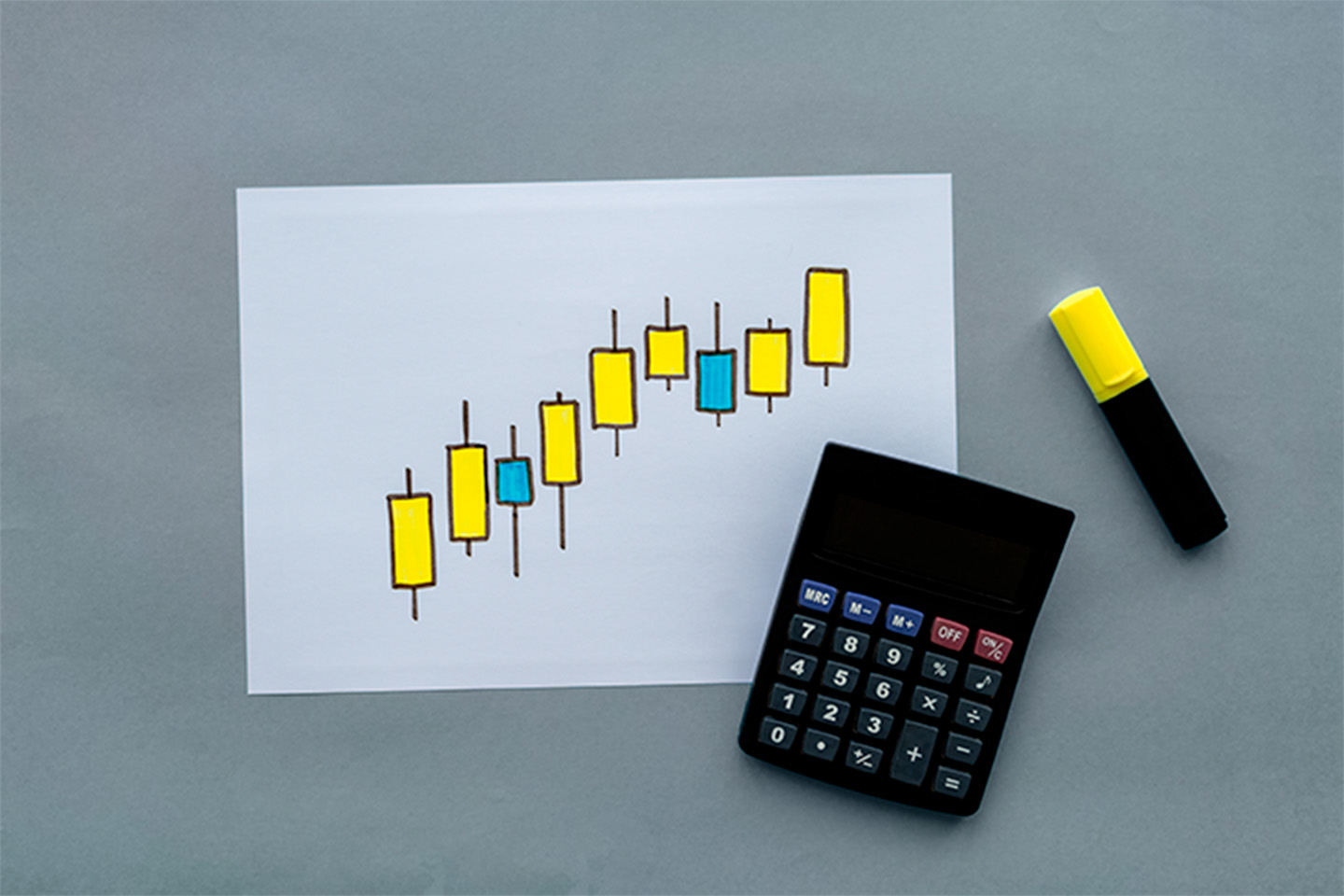
What is investing, and why is it an option for you?

12 questions and answers about a lasting power of attorney
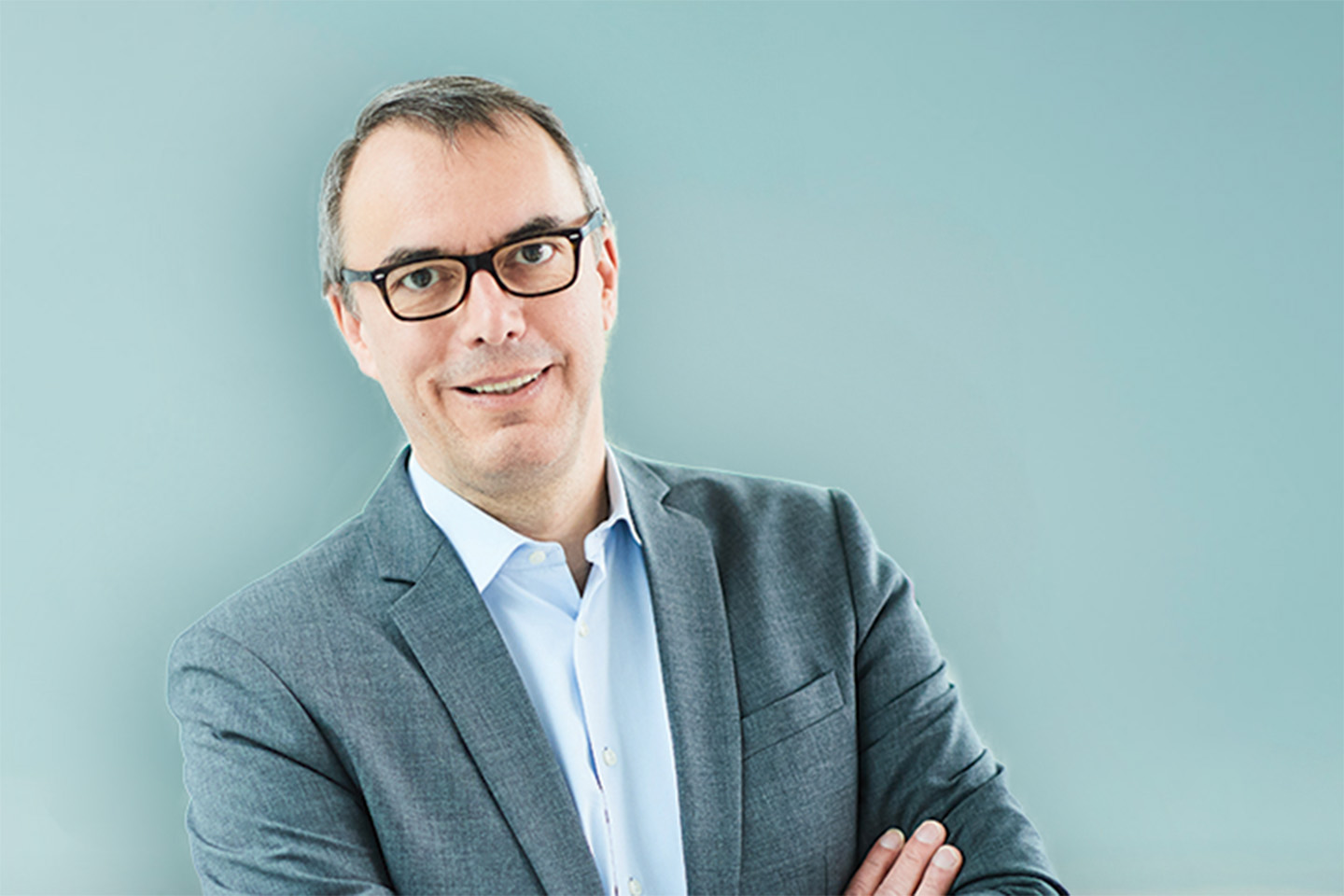
Investors missed out on many great opportunities in 2024

40 years of pension savings: what will you spend it on (literally)?
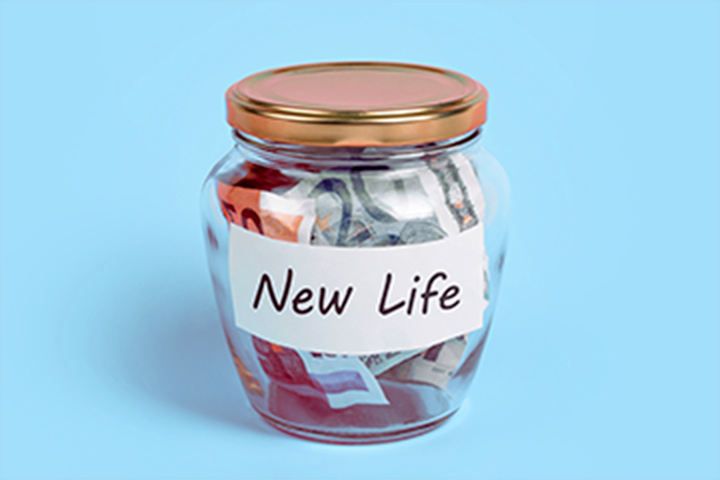
From FOMO to ZERO bank account? 5x pension savings to the rescue

Start growing your pension sooner rather than later
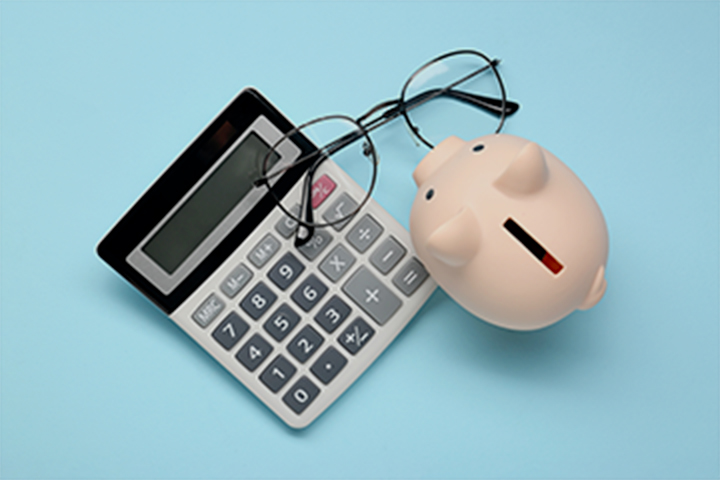
Pension savings returns: these choices give the maximum payout
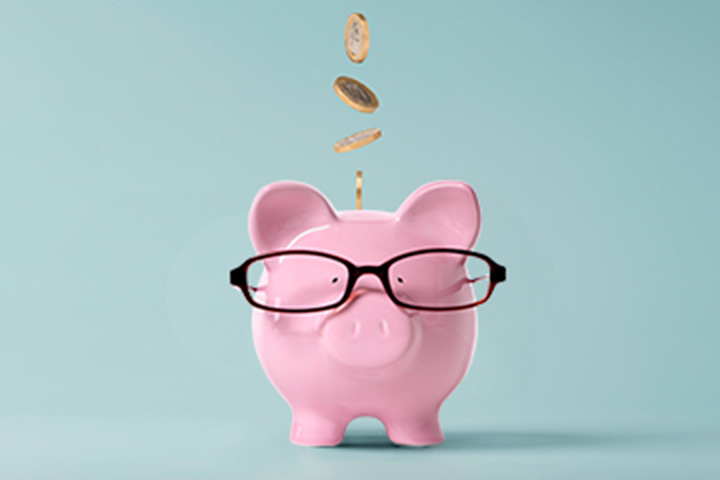
What monthly pension savings for a maximum return?

Why pension planning is even more important for women

United States 1, Everyone Else 0

What would the retired version of you say to yourself?

FIRE: how hot is this financial trend and how does it work?

What type of investor are you? Take the quiz

Did you just purchase shares? Why you should immediately set a stop-loss

How can you teach your child to save? 12 tips

Are there shortcuts to becoming financially independent?

A potential worldwide trade war is claiming European victims

Ever thought of investing in the pet industry?

Have long-term interest rates once again started a 40-year uptrend?

Democrats or Republicans: which party is better for your investments?

Graph of the Week: Magnificent 7 vs 2000s Tech Bubble

Actively managed ETFs: the best of both worlds?

Investing at new highs is an elevated idea

6 reasons to invest in food

Checklist: travel without any money worries

Take a moment to read this before sharing your data

Investing in Belgian shares: the dangers of too many domestic securities

Investors, never pay too much for your favourite share!

Buying real estate together? Consider a rights of survivorship clause

What your friends forgot to tell you about cheaper travel
Investing in football shares: what's the score?
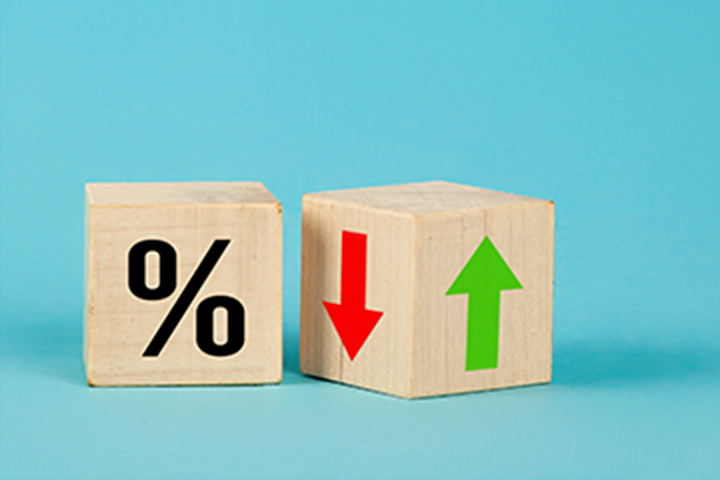
Basic interest rate and loyalty bonus: what does your savings behaviour say about you?
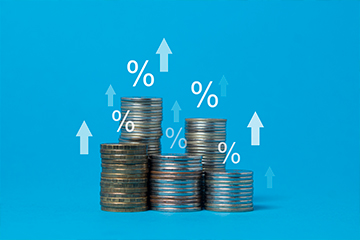
Why high dividend yields can be a poisoned chalice
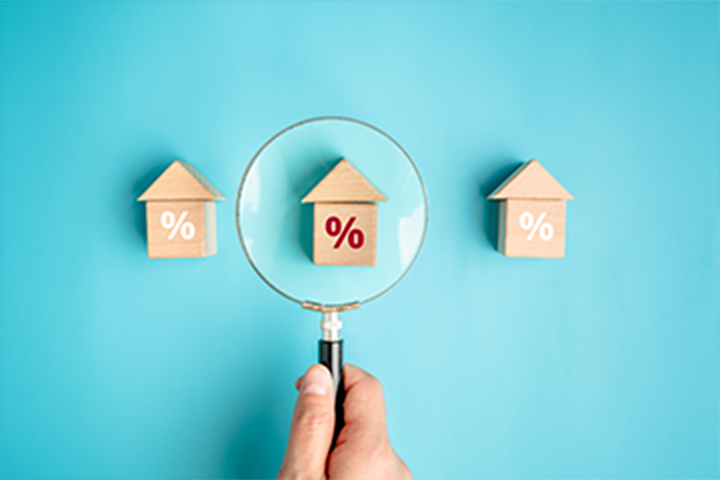
Comparing savings accounts: where do you put your money?

3 ways to invest when you don't have much time.

Is it time to invest in Chinese stocks again?

Europe is no longer falling behind!

How do you select an investment fund for your child?

Secure online banking: how can you protect your finances?
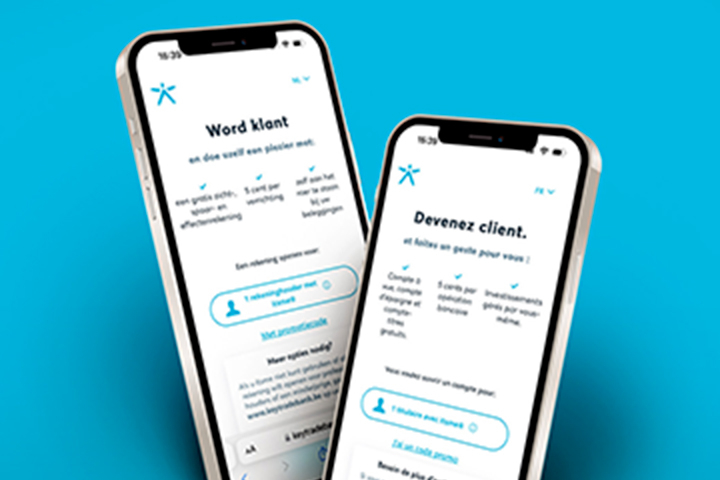
Opening an online bank account: what is holding you back?

The difference between distribution and accumulation for funds or trackers
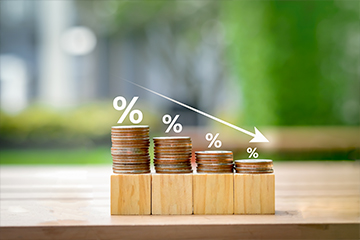
Will ultra-low interest rates make a comeback? Probably not…

Robotics: From science fiction to science

Are money market funds an attractive investment?

Is joining the BEL20 actually good for you?
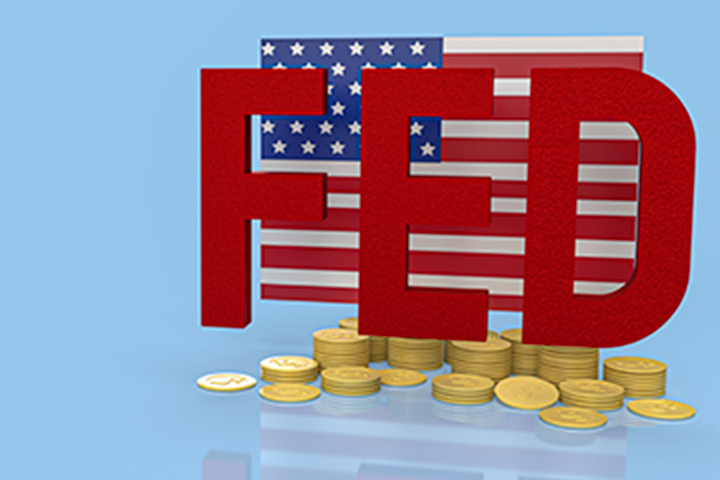
Is it the right time to invest in bonds?

Stock market records: some down-to-earth advice on how to respond to dazzling heights

Have you ever thought about investing for your children?

Can we still say "Magnificent Seven"? Or should it be "2 Unlimited "?

How can you invest in space travel?

Invest yourself or have someone do it for you: do you have to choose?

What do you have to tell the tax man about your money and investments?

Monthly video 2023

Five myths about sustainable investing

How can you invest in an ageing population?

Small company shares with big opportunities?

6 reasons why installing solar panels is still worthwhile in 2024

How do elections affect the stock market?

8 questions and answers about holding companies

Golden days? Why to invest in gold (or not)

Nigeria: a new hot spot for adventurous investors?
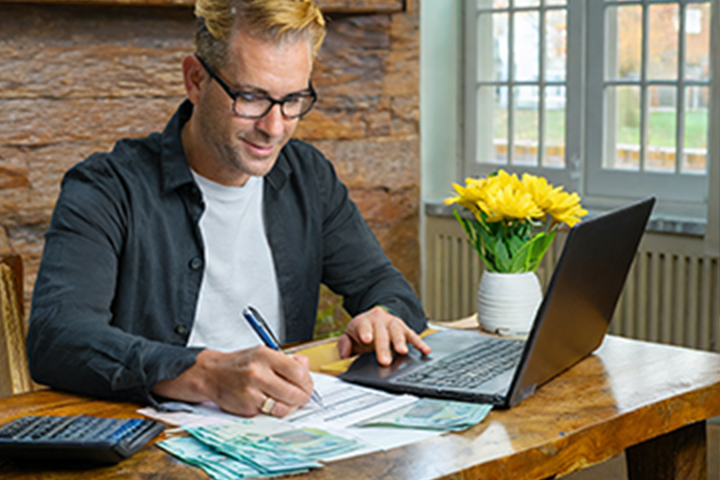
Exemption from withholding tax on dividends
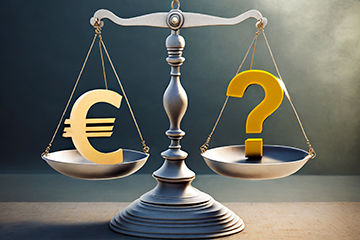
Will bonds beat shares in 2024?
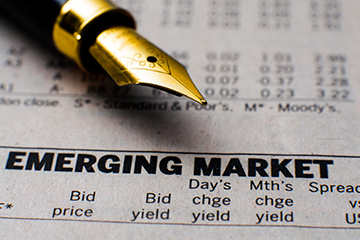
Investing in emerging markets: are investment funds a smarter buy than trackers?

Don't forget to create an extra access!

Shorting: what is it and how does it work?

The 10 principles of stock market success

The advantages and disadvantages of contactless payment

How to invest in the energy transition?
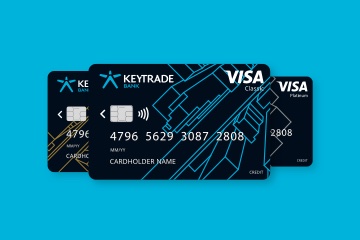
Keytrade Bank has one of the few free credit cards on the Belgian market

How to put phishers out of a job
Which sectors should remain overweight following the latest rate hike?

8 timeless rules for investors

Investors are not afraid of risks! Or not yet?

Get ready for the last quarter!

Investing in biodiversity: can Wall Street save the rainforest?

Saving for the sake of saving? Or with a goal in mind?

How do you prepare financially for a longer life?

Handling recessions: a manual
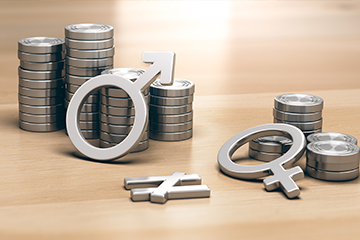
How to navigate a relationship with lopsided incomes?

Avoiding and dealing with conflicts on financial matters: a guide

Sell in May? Is it really such a good idea?

1 account for the both of you? Or separate accounts? Or a combo?

Make an impact with your Keyprivate

How much diversification is enough for your portfolio?

From KIID to KID: new rules, better investment decisions

Which investment opportunities are available on the road to smart mobility?

Is the end nigh for American dominance?

A vitamin shot for your investments
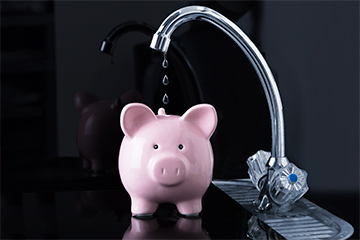
Does water earn a place in your portfolio?

What is the difference between a tracker and a fund?

Bonds to rise in 2023?

6 things you need to know about your Keytrade Bank credit card

Monthly video 2022

What is technical analysis and how does it work?
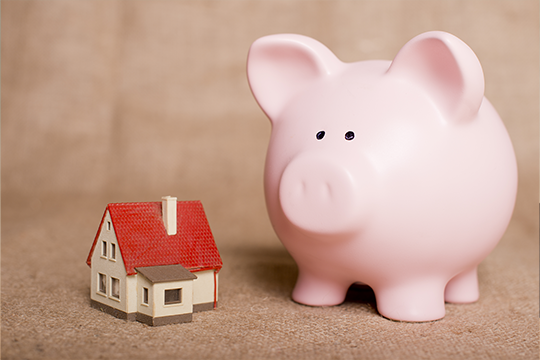
How to buy real estate with your supplementary pension (even though you have not retired yet)

Less costs? Yes, please.

The situation following the Russian invasion of Ukraine

There's something new in the air in the investment world!

6 points to consider for thematic investing

Belgian traders tempted by American stock market rush and Reddit investors

Getting nervous about the stock market? Take a look at the 200-day moving average

How do you find out what a company’s ESG rating is?

ESG's alphabet

With or without the coronavirus: why green investing remains just as relevant as before

Impact investing: sustainable investments with that little bit more

Sustainable investing: what, why and how?

How can you make an investment portfolio inflation-resistant?

All in our fund market at the same price

How to invest if you're on a tight budget

No extra costs ...

CARD STOP has a new number! 078 170 170

This is what the tax authorities know about your money
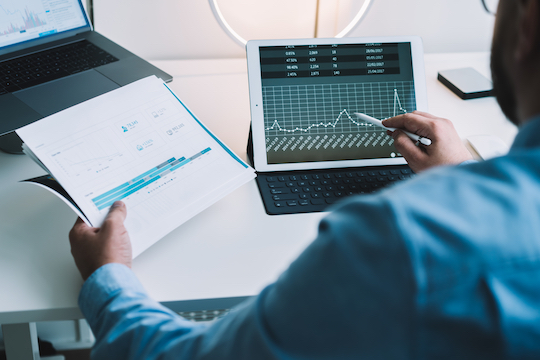
Investing in dividend shares: what to look for?

10 ways to save money with apps

Monthly video 2021

Podcasts about money and investments (part one)

No group insurance plan? What are the alternatives?

Which investment style and which regions would benefit from renewed growth in interest rates?

Inflation? Grab some commodities for your portfolio!

Which shares will be the rising stars once interest rates start increasing again?

10 things you can do within a day to improve your financial health

Enjoy your stay at the hotel and pay less

Gold, cash and government bonds: how safe are safe havens?

Cohousing rules

The halo effect: why we are buying the shares of Buffett, Bezos and Musk

Why investing for your child is a good idea

Timing is everything: how to choose the right time to enter the stock exchange?

La technologie préserve les investisseurs contre l'utopie

What is fundamental analysis, and how does it work?

How to protect your hard-earned money from hackers

Why (not) invest in micro-caps?

Rising debt: is it a problem?

How safe are contactless payments?

Funds and trackers: do you opt for capitalisation or distribution?

What do I do to balance my investments?

CARD STOP has a new number! 078 170 170

The treacherous stock market

On the way to a society without cash?

Buying a second residence: with savings, investments or a loan?

A must read for when you spotted a second-hand bargain online

Always have a megatrend in your portfolio

Maths on the stock market

The impact of luck on investments

The handiest financial apps (and free as well)

Are you investing really globally with a tracker on a world index?

Equity investors look beyond gloomy economic data

7 investment themes for 2029 (for which you can get a head start already)

Ten basic rules for lifelong success on the stock market

Share everything with peace of mind. Except your bank cards.

Any dip in the global economy appears to just a passing blip!

Are we heading into a year-end rally by the stock markets?

Coronablog de Geert Van Herck: La panique atteint des sommets… énième épisode

Seven investment myths

Blended family: shared savings account or keep things separate?

Emerging countries are lagging behind!

First Aid for Your (Financial) Administration

Tips from an expert: how to keep your passwords safe

Coronavirus blog Geert Van Herck: Property once again fails to deliver diversification bonus

Coronavirus blog by Geert Van Herck: S&P 500 indicates a positive trend

What retirement pension will you get later?

How can we cope with financial stress?

Saving your payment card details in your browser: yay or nay?

No extra costs. Yet 700,000 euros gladly given to you, our customers!

Can China make the dollar crash?

US stock market dominance not coming to an end yet!

Are trackers the latest bubble on the financial markets?

Podcasts about money and investments (part two)

Anxious about inflation? Have you ever considered the mining sector?

Will the MSCI Emerging Markets index become the next big thing?

What does higher inflation do to your savings and investments?

Going for gold? Gold is apparently going for it.

How can you invest successfully?

Which shares suit you?

































































































































































































